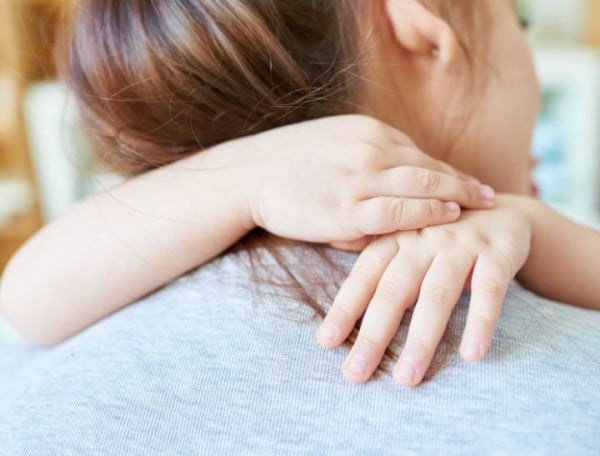
Lee Kofman came to motherhood late, and was uncertain it was the role for her. She’s since discovered she feels different to many other mums – and very often at odds with their view of the world. In this essay, she unravels her conflicting feelings about the mothering personas she lives daily.
The Child-Averse Mother.
Just before my 40th birthday I gave birth to my first, and so far only, child. This somewhat belated foray into motherhood was preceded by years of great ambivalence, when not only was I uncertain I’d ever have children, but was even sympathetic to the stance of one of my favourite writers, Geoff Dyer, who wrote, only half-jokingly: “I hate children and I hate parents of children”.
I was particularly irritated by those stereotypical spoiled middle-class kids – or, as American historian Pamela Haag calls them in her book Marriage Confidential, ‘royal children’. I saw them everywhere, sipping on their babycinos, exhibiting excesses of so-called self-esteem, taking over adults’ conversations. And if I ever spotted any chubby-faced, snotty creatures in the cafes where I often wrote, I would move away to the furthest table.
My child aversion probably had something to do with the fact that I never stopped being a child myself. Acquiring one of my own would have been my official admission into that famed, and supposedly prestigious, universe of adulthood, with its endless responsibilities and anxieties, a club to which I never wanted to belong.
What could be more adult than that mythical label ‘mother’? The wholesome ring of this title discouraged me, the perpetual coquette, even more. Even now that I have finally succumbed to the breeding imperative and am discovering that what I’d always imagined as mostly hard work is actually bound with pleasure (more on that later), I am still struggling. My current struggle is not so much with the act of mothering, but rather with the Mother Outfit I am now supposed to be wearing.
